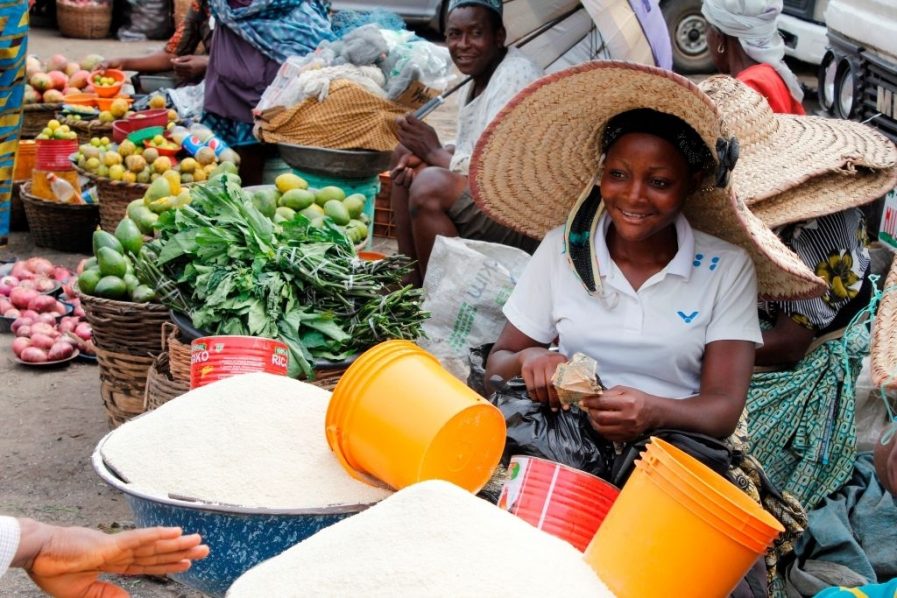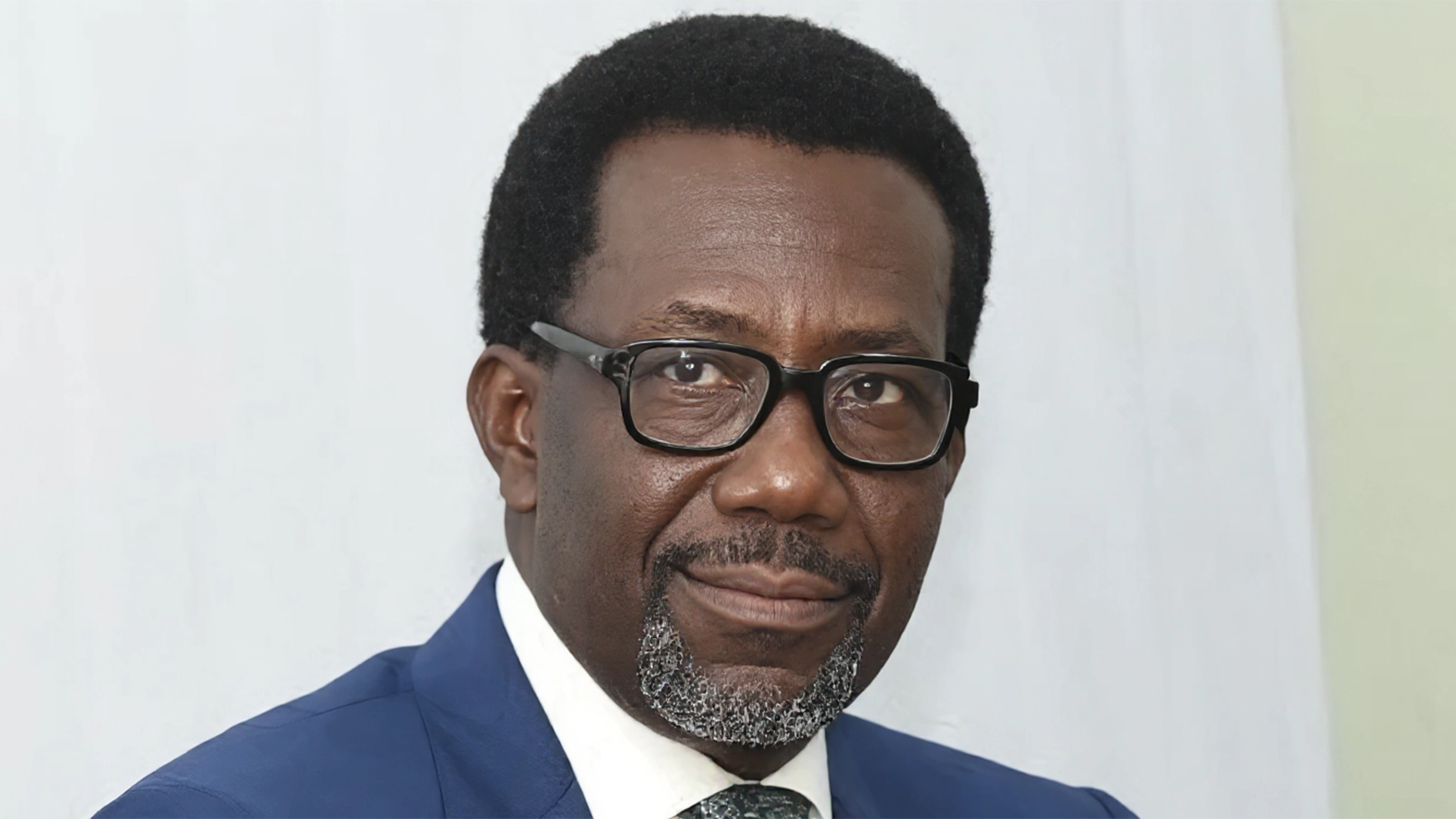The Fisheries Cooperative Federation of Nigeria Limited has said that the country has a two-million-tonne fish deficit yearly. The gross shortfall is not unconnected with the local farmers’ inability to produce 1.6 million out of 3.6 million tonnes of fish needed yearly.
Acting National President of FCFN, Mashi Gabriel Sani, disclosed this yesterday in Lagos during a one-day third-quarter citizens and stakeholders engagement for the Ministry of Marine and Blue Economy, themed, ‘From policy to impact, finance is key.’
Sani explained that the deficit was currently being met through costly imports, which not only drain the country’s valuable foreign exchange reserves but also export much-needed jobs beyond the country’s shores.
“With a national demand of over 3.6 million metric tonnes of fish, our domestic production falls short by a significant margin of more than two million metric tonnes. This deficit is currently being met through costly imports, which not only drain our valuable foreign exchange reserves but also export much-needed jobs beyond our shores,” Sani explained.
According to him, the cooperative members are faced with limited access to affordable and appropriate credit. He maintained that the persistent bottleneck had prevented investment and expansion.
Sani stressed that exorbitant interest rates from commercial banks often made it impossible for small-scale operators to secure profitable loans. He called for the establishment of a dedicated Fisheries and Aquaculture Development Fund, which should operate on a single-digit interest rate, ideally managed by a reputable development finance institution.
“Crucially, its repayment terms must be structured to align with the natural cycles of both marine fishing and aquaculture production,” he said. Earlier, the Permanent Secretary of the Federal Ministry of Marine and Blue Economy, Olufemi Oloruntola, underscored the need for a private sector partnership on strengthening institutions and securing public land development.
Oloruntola noted that the ministry’s yearly budget allocation was a fraction of what the ministry needs. He added that the ministry required capital to scale up investments.






